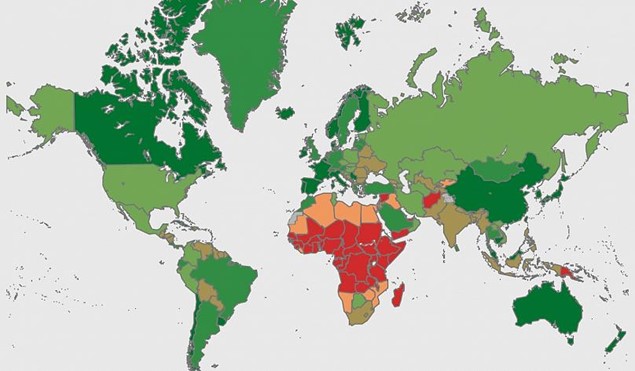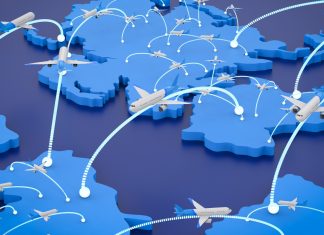European countries are accelerating the rollout of booster jabs as they try to keep up with the new omicron variant.
In the UK, a third dose of the vaccine was made available to all over-18s this week, prompting hours-long queues as people seek to top up their immunity before Christmas.
As the definition of what counts as fully vaccinated shifts, can we expect travel restrictions to change anytime soon?
As of 15 December, no countries have said that travellers need a booster jab to enter, but some – including Austria, Croatia and Switzerland – have set time limits for the vaccine to be valid for quarantine-free stays.
For these destinations, visitors will only be considered fully vaccinated for one year after their second dose or booster shot.
Other nations are updating their systems to prepare for this, so their citizens will not be caught short if and when booster requirements kick in. As of late November, the UK’s NHS COVID Pass can be used to show proof of a booster or third dose for outbound travel.
Health Secretary Sajid Javid said, “We want to make it as easy as possible for people to show their vaccine status if they are travelling abroad.
“This update to the NHS COVID Pass will mean people can have their complete medical picture at their fingertips if they are going on holiday or seeing loved ones overseas.”
Why do we need booster jabs, and are there enough?
With evidence of omicron’s super transmissibility stacking up day by day, countries like the UK are abandoning travel bans and attempts to contain the variant, and instead focusing on booster vaccines.
“I’m afraid we’re now facing an emergency in our battle with the new variant omicron,” Prime Minister Boris Johnson told Britain on Sunday.
“It is now clear that two doses of vaccine are simply not enough to give the level of protection we all need. But the good news is that our scientists are confident that with a third dose, a booster dose, we can all bring our level of protection back up.”
Virologists have explained that booster shots give the immune system “a richer knowledge and understanding of the virus.”
Dark green countries are those where more than 70 per cent of the population have been fully vaccinated – compared to less 10 per cent in red countries.WHO COVID dashboard
The World Health Organisation (WHO) has yet to give an official statement on the need for booster jabs since omicron emerged in November.
“In the context of ongoing global vaccine supply constraints,” the WHO said in October that the mass roll out of booster doses in wealthier nations “risks exacerbating inequities in vaccine access by driving up demand and diverting supply while priority populations in some countries have not yet received a primary [first and or second dose] vaccination series.”
To date, around 46 per cent of the world have received two doses of the vaccine.
























